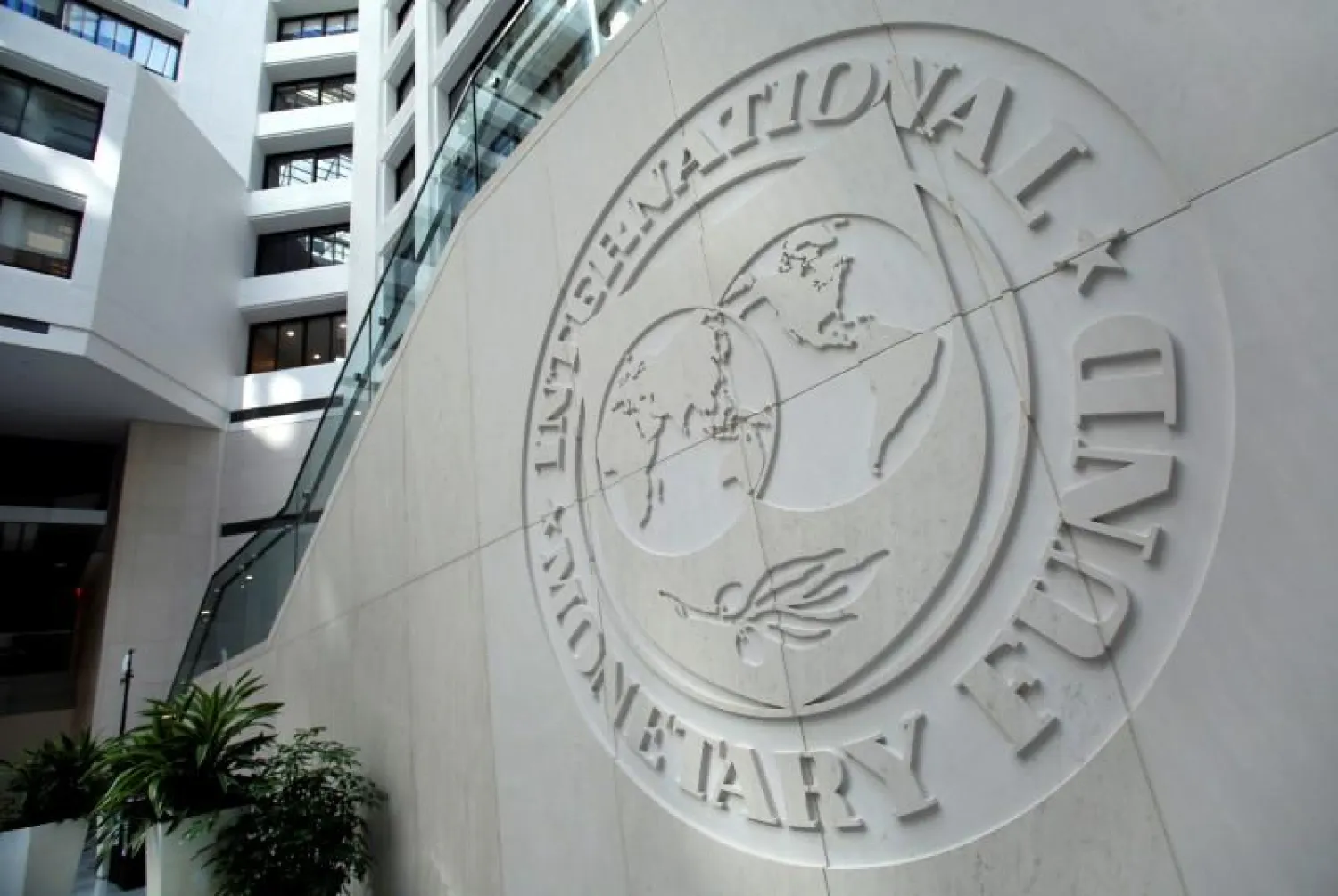Egypt will be receiving its $2 billion IMF loan payment after the year-end review, the International Monetary Fund said, but inflation -- running at just under 32 percent in August -- remains the key risk for stability.
According to Reuters the Fund said in a Tuesday statement that Egypt has made a “good start” to its reform program despite seeking waivers for missing targets in June and a deeper-than-expected currency depreciation.
“Stabilization is already gaining a foothold, and we have seen positive trends,” Subir Lall, IMF mission chief for Egypt, Middle East and Central Asia, said in an online briefing.
“This is a very ambitious program. It takes time to work, but it’s well-calibrated and over the course of this economic program of three years, we should definitely be seeing the payoff.”
Egypt agreed a three-year, $12 billion IMF loan program in November that is tied to sweeping reforms such as spending cuts and tax increases.
They are designed to help revive an economy hard hit by a shortage of foreign currency and investment in the turmoil that followed its 2011 uprising.
In a review since the deal, the IMF said Egypt should receive a third loan installment of around $2 billion after a second check of progress at the end of this year, but indicators pointed to progress and consolidated economic growth.
The IMF has already approved $4 billion in loan installments, most recently releasing $1.25 billion for Egypt.
Inflation, however, reached three-decade highs in July after fuel price hikes under the IMF deal. It has since dipped a bit although high costs have hit many Egyptians hard in the import-dependent state. Since the Egyptian pound was floated last year, the currency has roughly halved in value.









